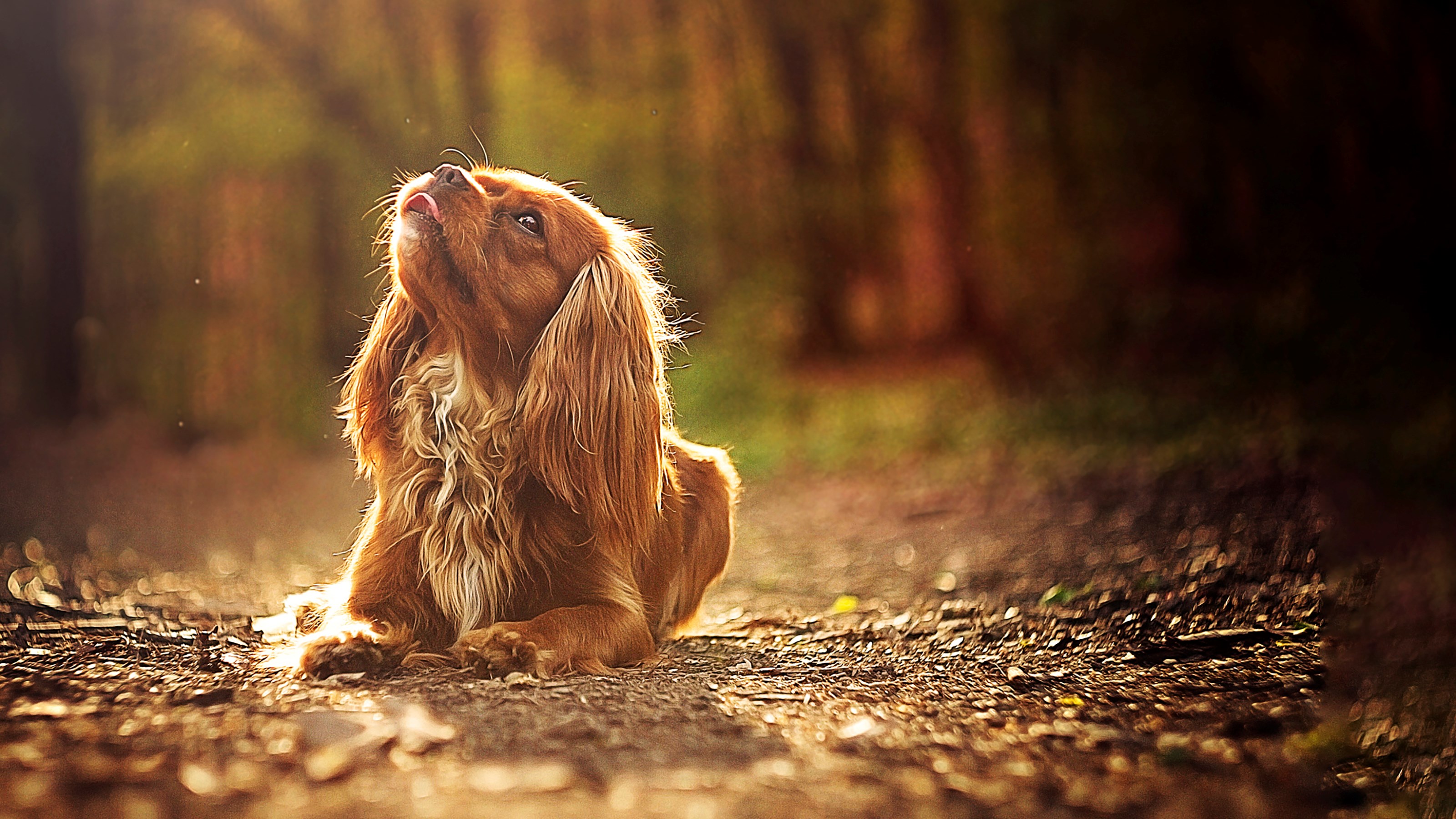
Autumn Pet Advice
Keep your pets happy and healthy during the autumn months
Autumn has arrived, and we’re looking forward to enjoying the new season with our pets. We’re here to provide you with some top-tips on how to keep your pet safe this autumn.
Fireworks
Guy Fawkes Night may be an exciting event for us, but it can be a particularly scary time for our pets. Sound sensitivities, including fireworks, are very common in dogs and while a certain degree of fear is normal, there are ways we can help make them more comfortable.
For cats, the problem is often stress caused by changes to their environment or routine, especially when they are used to being outdoors and this changes to being kept in the house more.
For rabbits, guinea-pigs and other small furries, you can really help them by making a few simple changes to their environment which will keep them as calm and comfortable as possible.
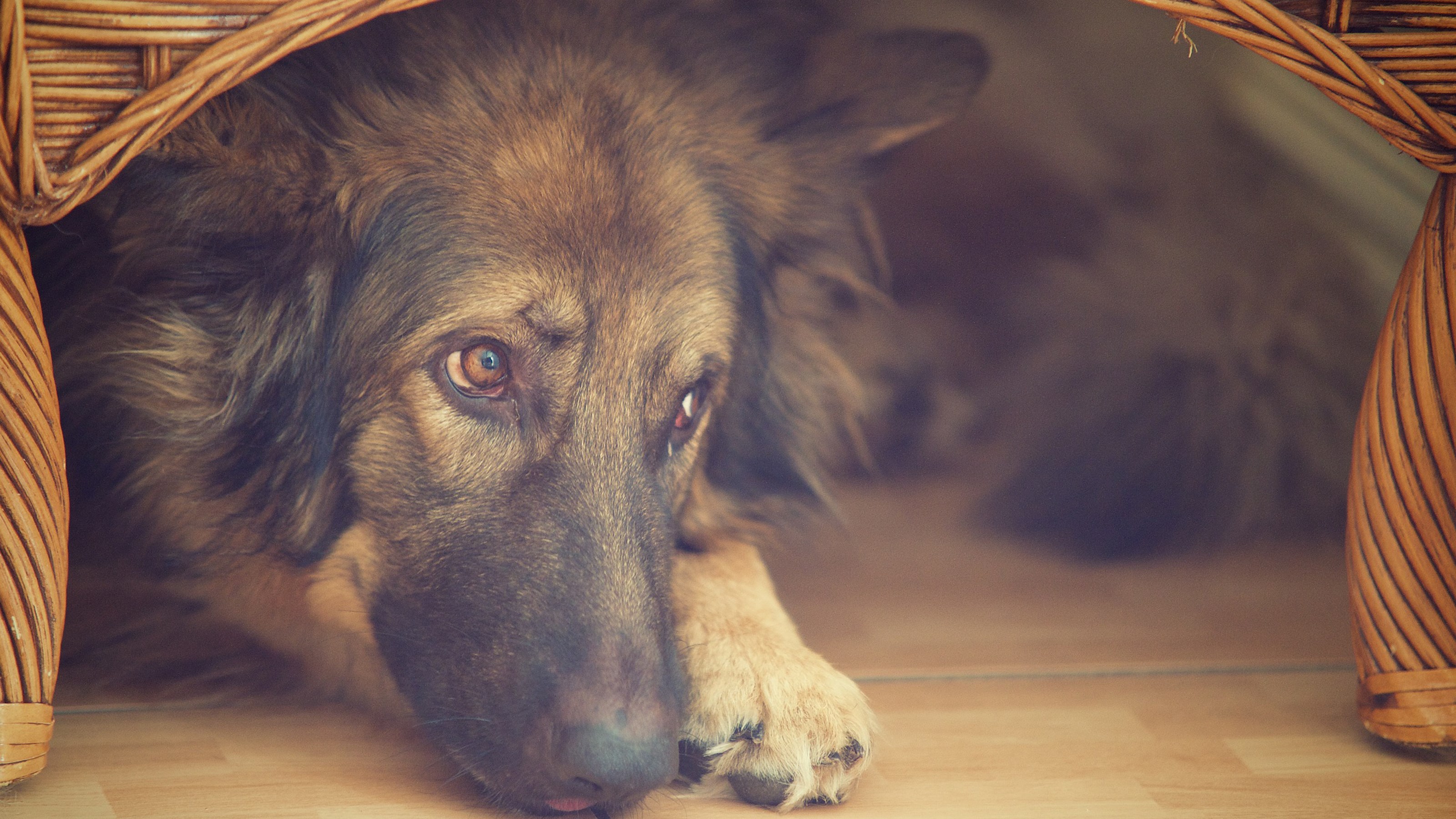
Halloween
From chocolate poisoning to territorial aggression, Halloween can pose certain threats and risks to our pets but don't worry, we've got lots of tips on how to help your pet have a happy and healthy Halloween and avoid any emergency trips to the vet!
Taking your dog trick or treating with you? Make sure that they are microchipped (it’s the law) just in case they become spooked and run away.
If you'll be having a Halloween party, it's a good idea to create a cosy, quiet place for your pet, so that they have somewhere safe to retreat to.
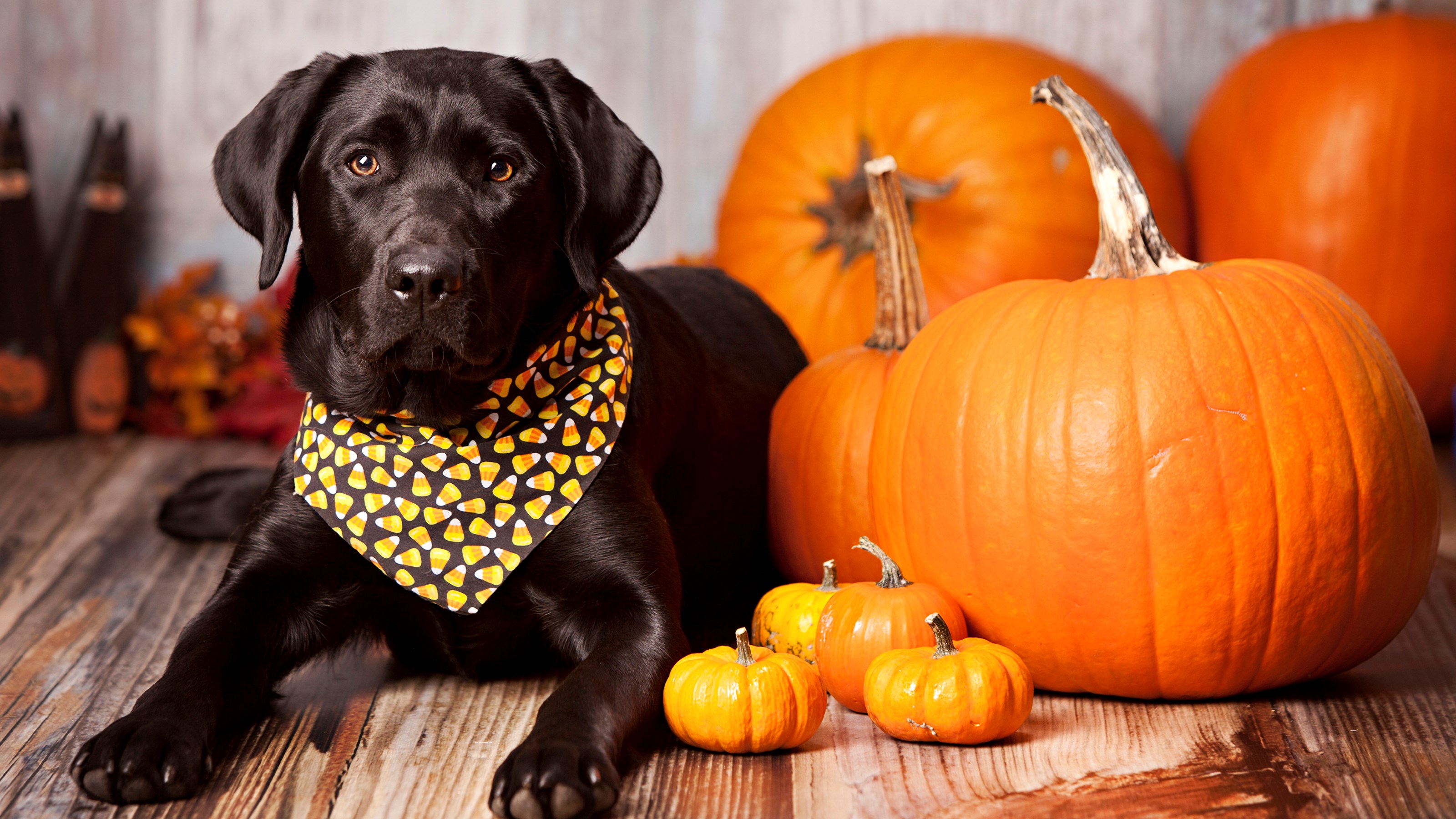
Darker evenings
As the evenings get darker earlier, there are a number of considerations for our pets.
When walking your dog in the dark it’s essential that you and your dog are visible. LED collars, leads and harnesses are a great way to ensure your pet can be seen in the dark. Our friends at Pets at Home have a range of reflective products available on their website.
For cats, it's best to keep them indoors during these dark evenings, as they cannot be seen by drivers making traffic accidents a big risk. Neutering may also stop cats roaming from home.
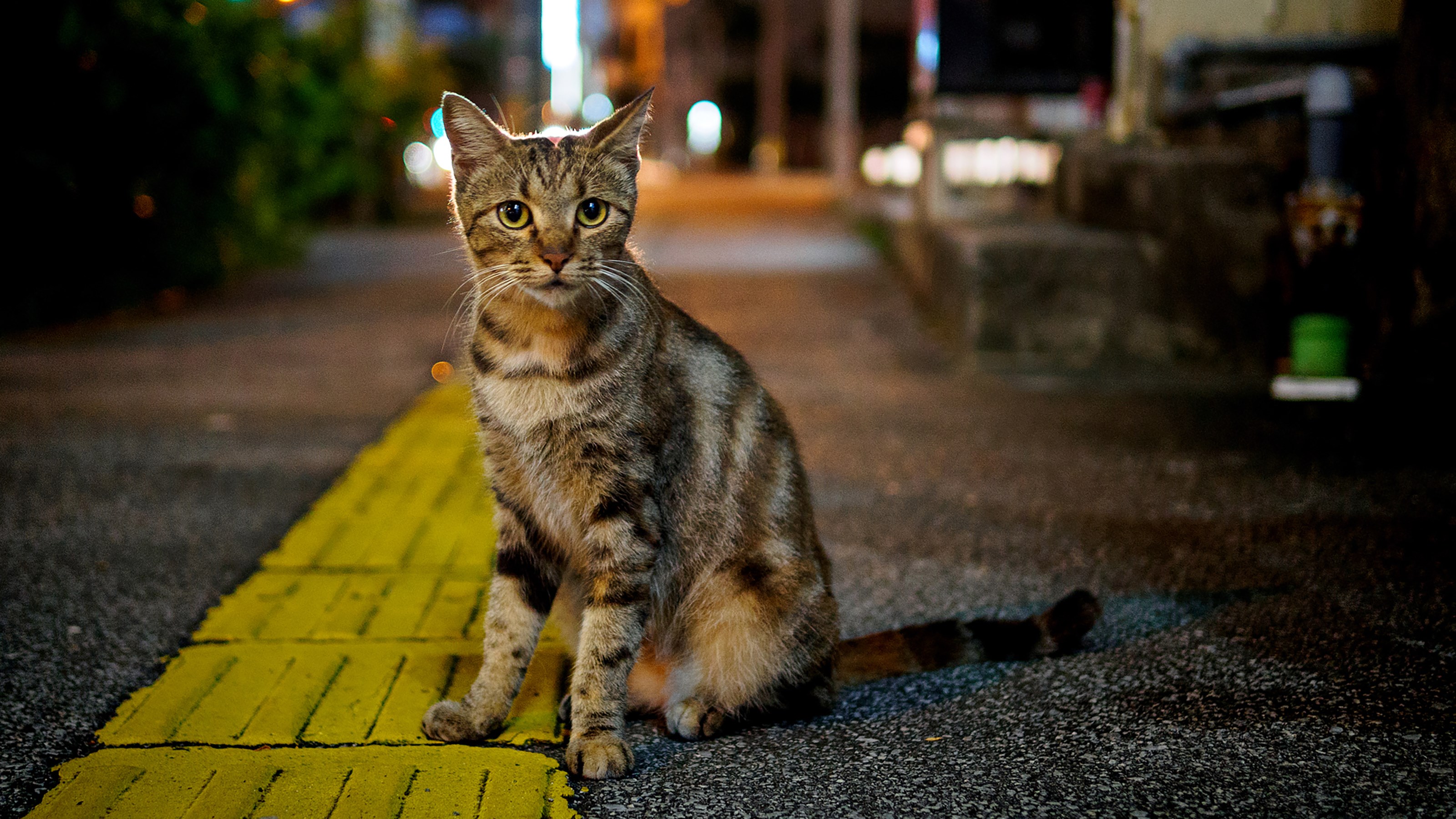
Antifreeze poisoning
Sadly, antifreeze is hugely toxic to cats, and every year cats across Britain are seriously ill or die from antifreeze poisoning.
The toxic component of antifreeze is called ethylene glycol. Ethylene glycol has a sweet taste, which means animals and even children can be drawn to it.
Uncleaned spillages can get on cats’ paws, meaning they ingest the antifreeze as they clean themselves.
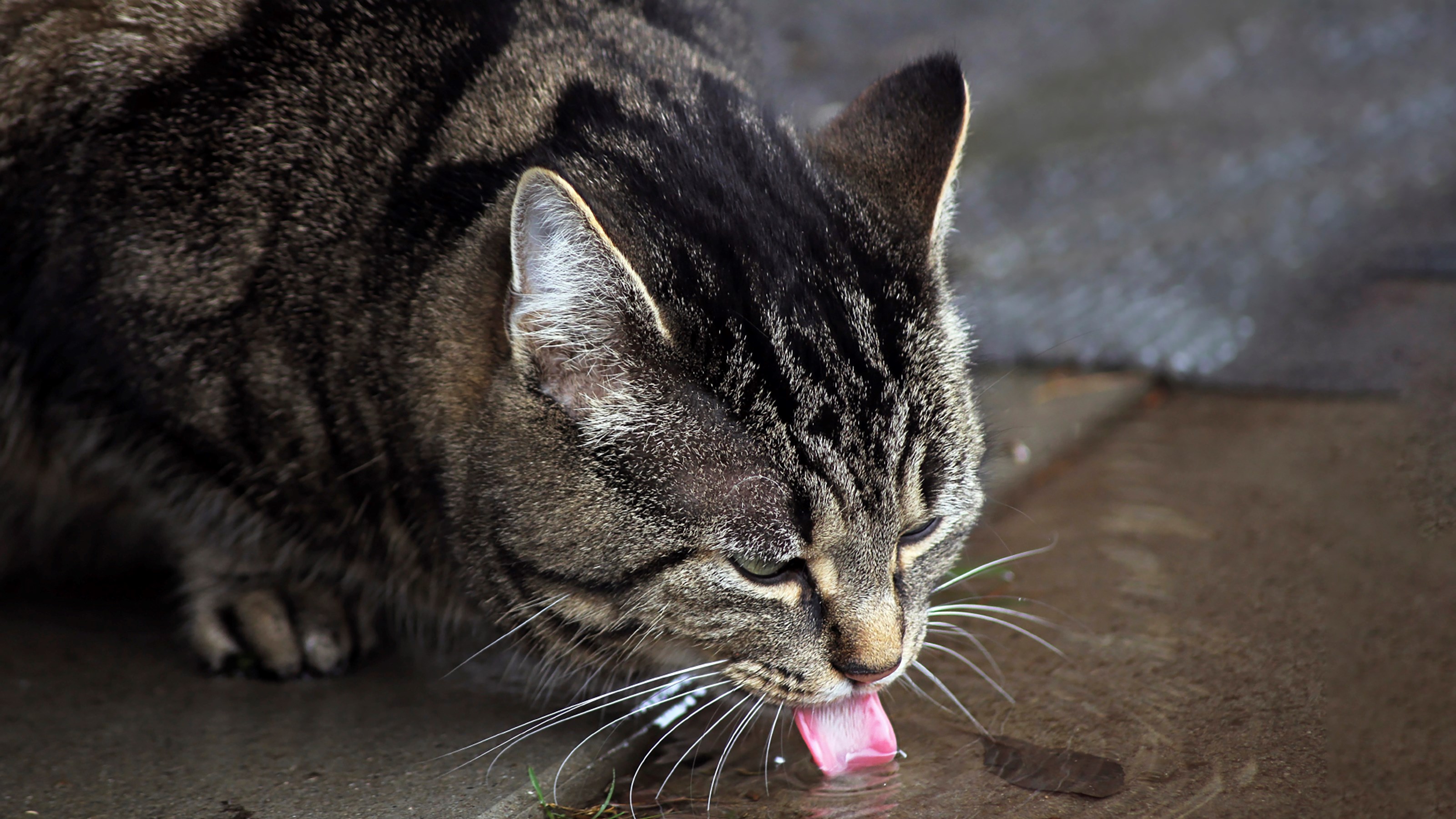
Lungworm
Dogs can get lungworm by coming into contact with infective lungworm larvae. These can be found in the slimy coating of slugs and snails there are 20,000 slugs and snails in the average UK garden!
These larvae can survive for a short time off hosts such as slugs and snails, so larvae can also be found on toys and in water bowls where slug or snail contamination might not be obvious.
Thankfully, although you can’t stop your dog being exposed to lungworms, there are lots of options for preventing an infestation developing.
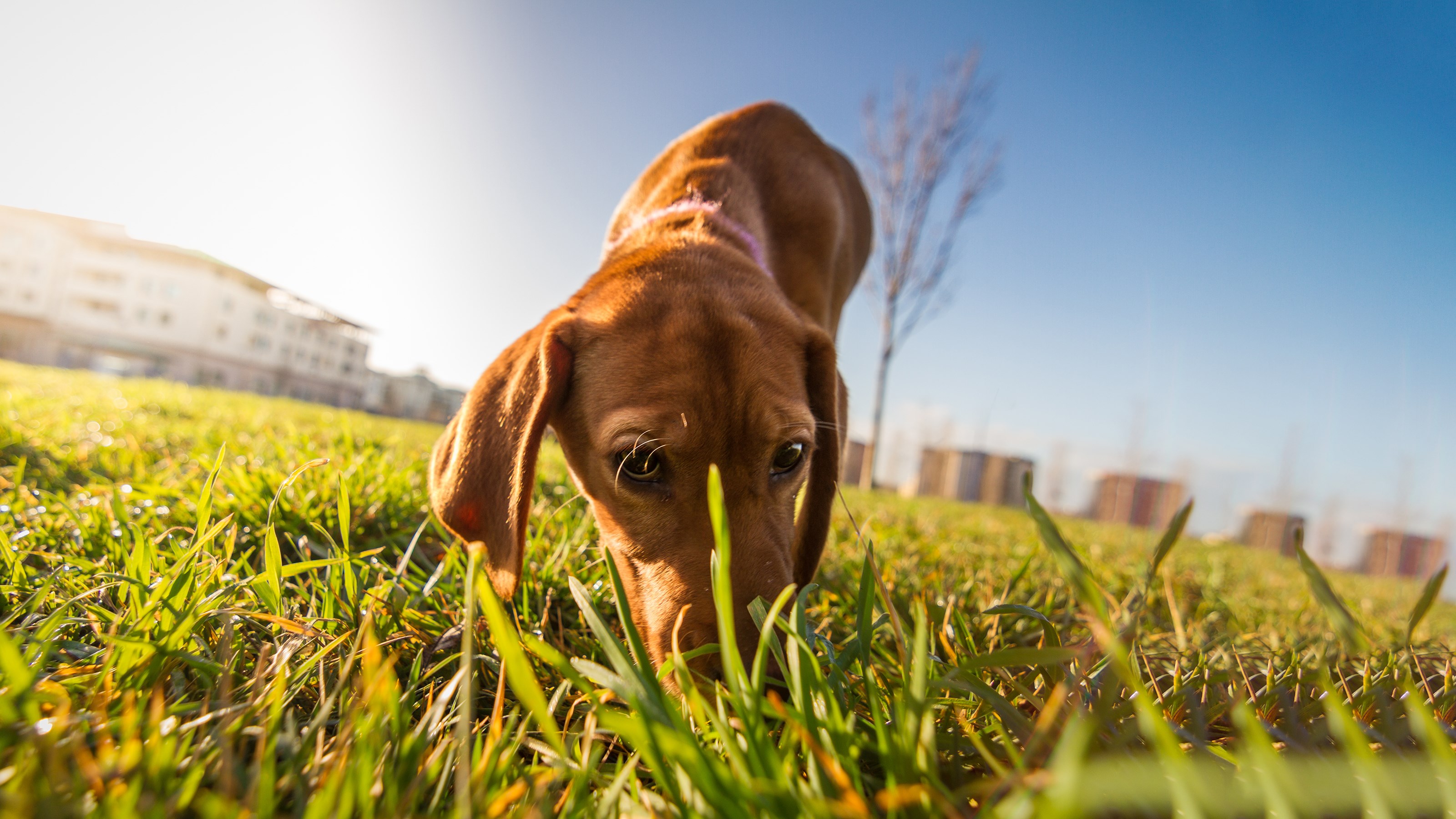
Fleas
In the cooler weather it’s important to ensure your pet stays warm and cosy. However, fleas thrive indoors when we start turning the heating up! This means that flea protection should be given year round, not just seasonally.
Make sure to wash your pet's bed regularly and administer preventative treatments to keep fleas at bay, make sure to use veterinary prescribed treatments, available from your vet.
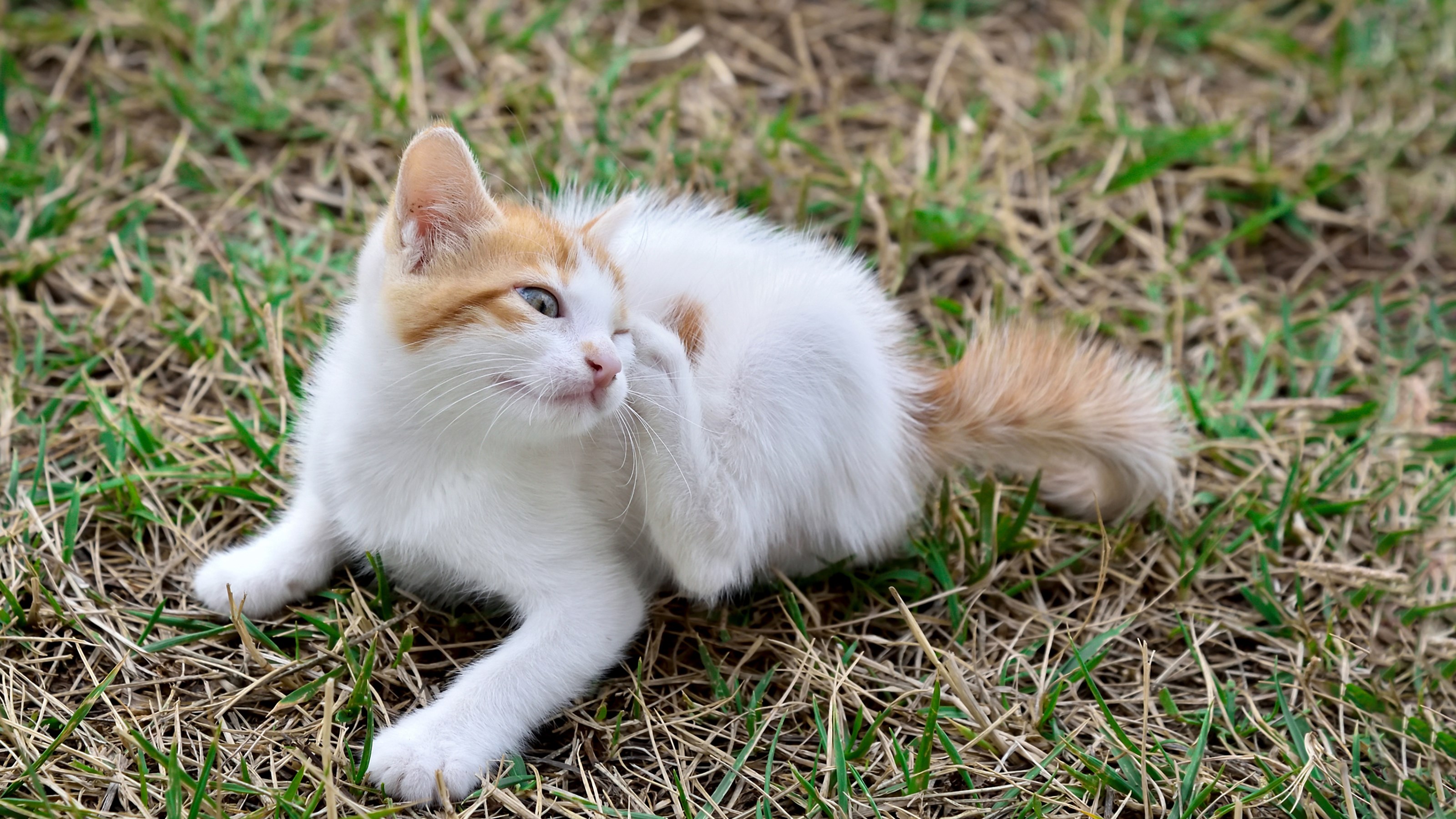
Read more expert pet advice
From healthy diets to preventing fleas, find free and helpful pet health and training advice to care for your pet.
